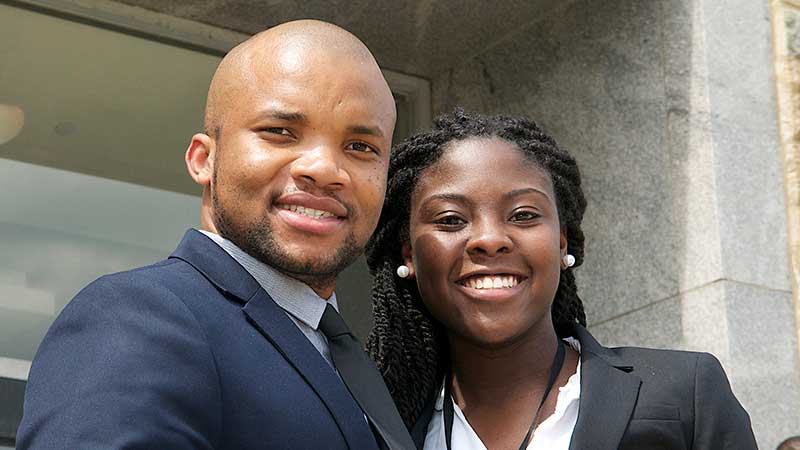Why Creating a Diverse Workforce Matters

As more companies begin to make workplace diversity a priority, it becomes increasingly obvious that a diverse business is often a successful business. From inspiring innovative business practices to improving company culture, a diverse staff is the secret to success. Historically Black colleges and universities (HBCUs) are especially adept at preparing their graduates to develop productive, successful professional careers. We have seen firsthand that creating a diverse workforce is not just a “nice to have,” it is essential to the success of our companies and the future of our country.
In general, diverse companies are more financially successful. Companies in the top quartile for racial and ethnic diversity are 35% more likely to see better financial returns than their competitors. This rings true throughout the corporate hierarchy; a company’s earnings before interest and taxes rise an average of 0.8 percent with each 10% increase in racial and ethnic diversity on a company’s senior-executive team. Over a three year period, diverse companies see 2.3 times higher cash flow per employee than non-diverse companies. Naturally, a diverse company is better equipped to create products for a global market. Diversity improves innovation by bringing different voices into conversation and equipping a company to better understand its consumers. Diversity encourages creativity, promotes productivity and leads to better decision-making.
Additionally, diversity benefits company culture. In a study conducted by the Society for Human Resource Management, 91% of employees reported that diversity initiatives helped their organizations compete in the marketplace, 79% believed their diversity programs improved corporate culture, and 77% said that diversity programs improved recruitment efforts. According to a study by Boston College, American employees generally place high values on advancement and learning. Employees from racially and culturally diverse backgrounds, however, emphasize these issues even more than their white colleagues. In the workforce, diversity is self-perpetuating. Racial and ethnic minorities in executive positions tend to help diversify the workforce through their hiring practices.
The nation’s HBCUs prepare their students for success in the workplace. UNCF’s Frederick D. Patterson Research Institute reports that “the strength and vitality of HBCUs prepares a critical sector of the workforce, people of color from low- and moderate-income families, to fill the economy’s demand for college-educated workers.” HBCUs are extremely beneficial to the American economy at large and promote the socioeconomic mobility of first-generation college students from low-income families. HBCUs play a key role in their students’ economic success by educating and equipping their graduates with the skills needed to thrive as an employee. As a result, the entire country benefits.
Do You Believe in Creating a Diverse Workforce?
Add Your Name in Support of HBCUs